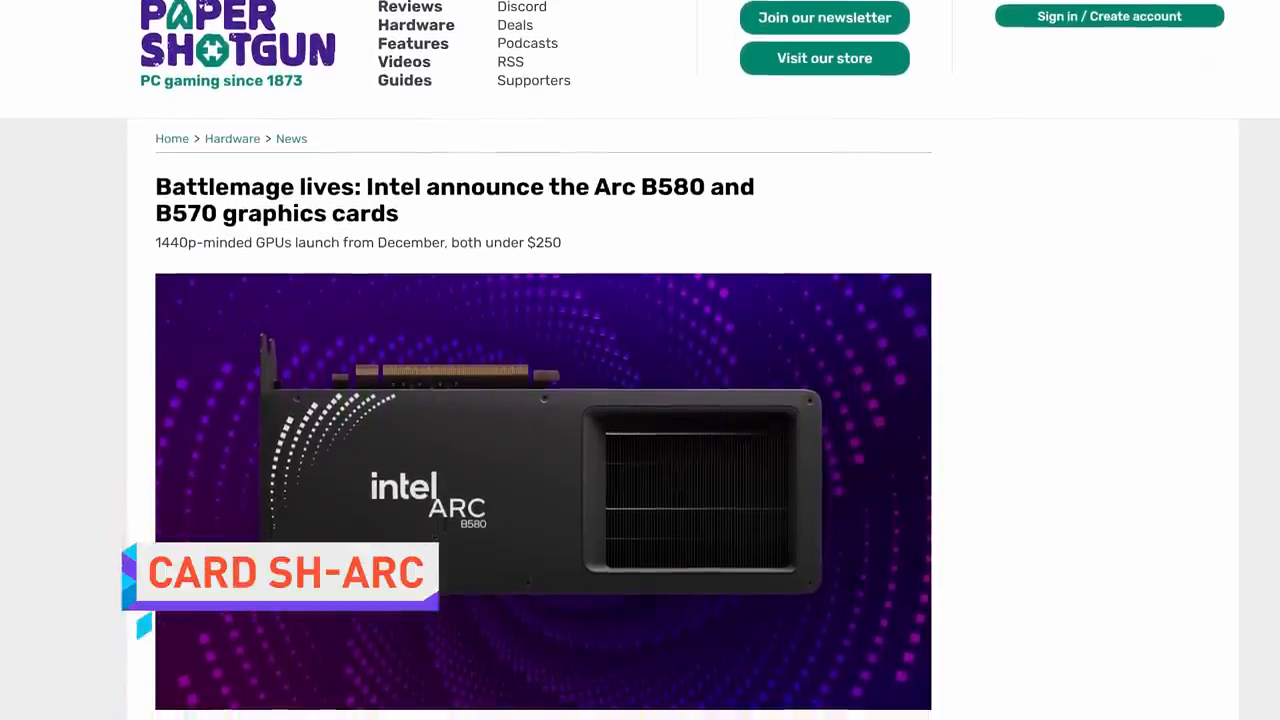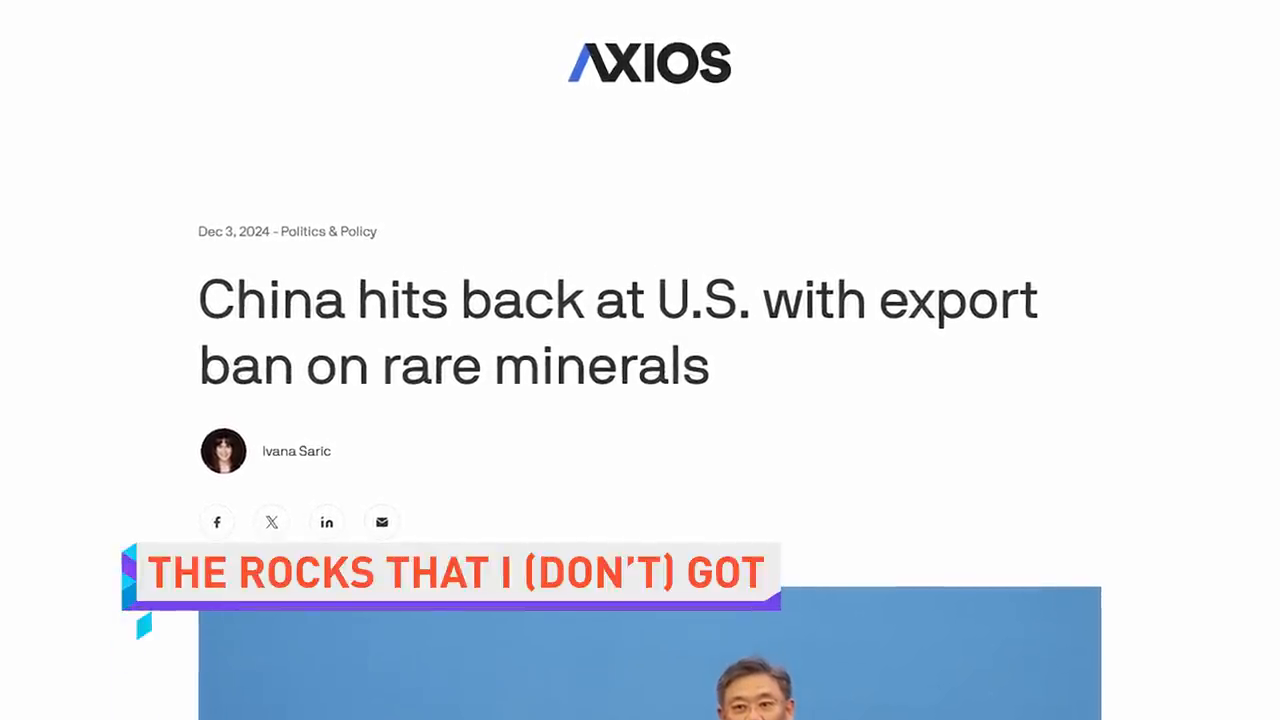Windows 11 Updates, AI Innovations, and Major Tech News
Keeping up with the latest in tech can be overwhelming, but don’t worry—we’ve got you covered. In today’s roundup, we delve into Windows 11’s unwavering stance on TPM 2.0, Intel’s strides in GPUs, major breakthroughs in AI technology, and other key developments in the tech world. Let’s break it all down.
Microsoft doubles down on TPM 2.0 for Windows 11

TPM 2.0 remains a "non-negotiable" requirement for Windows 11.
Microsoft has reiterated its stance on Windows 11 hardware requirements, with the Trusted Platform Module 2.0 (TPM 2.0) still a non-negotiable feature for most users. In a blog post targeted at IT professionals, Microsoft’s Senior Product Manager, Steven Hosing, declared that TPM 2.0 plays a crucial role in bolstering system security. Interestingly, there are a few exceptions, such as the IoT Enterprise Long-Term Servicing Channel (LTSC) version of Windows 11, which does not enforce the requirement.
For users trying to bypass this, Microsoft itself has inadvertently provided unofficial guides on installing Windows 11 on unsupported PCs. That said, the company seems adamant about pushing users towards newer hardware. This hardline stance coincides with Microsoft escalating its efforts to migrate Windows 10 users to Windows 11, an upgrade that often requires significant hardware investment.
Unfortunately, this policy presents challenges. Beyond TPM 2.0, some fairly recent Intel and AMD processors with TPM functionality are still left off the compatibility list. This fragmented system raises questions about what Microsoft is truly targeting with these stringent requirements—system security or simply pushing users to embrace newer devices. The decision might be frustrating for users who find themselves unable to upgrade despite having capable hardware.
Intel unveils second-generation Arc GPUs

Intel promises substantial improvements with Arc B580 and B570 GPUs.
Intel has entered the second round of its graphics hardware rollout, unveiling its Arc B580 and B570 GPUs. Slated for release on December 13th and January 16th, respectively, the GPUs are priced aggressively to compete in the midrange market, with the B580 launching at $250 and the B570 at $220.
These GPUs bring notable improvements over Intel’s previous generation. The B580 delivers 24% better overall performance and 64% better ray-tracing capabilities compared to the earlier Arc A750. Intel is clearly focused on offering a cost-efficient alternative to NVIDIA and AMD GPUs, stating that the performance-per-dollar ratio of their GPUs outmatches NVIDIA and AMD’s 60-tier alternatives.
The Arc B580 comes with updates to Intel’s XE Super Sampling technology, now in its second iteration (X SS2). This introduces frame generation capabilities similar to NVIDIA’s DLSS 3 and AMD’s FSR 3, as well as new low-latency features. These upgrades further position Intel as a serious contender in a competitive GPU space that will soon see NVIDIA’s RTX 50 series announcement at CES 2024.
As Intel draws closer to challenging the dominance of NVIDIA and AMD, these newest versions of Arc GPUs appear well-suited to attract budget-conscious gamers. With developments like hardware ray tracing becoming increasingly relevant for games such as "Indiana Jones and the Great Circle," Intel has a narrow but significant window to prove its GPU mettle before competitors release their next-gen lines.
Google takes AI gaming and video generation to new heights

Google’s Genie 2 AI revolutionizes interactive 3D game content.
Artificial intelligence continues to evolve at a breakneck pace, and Google has jumped into the spotlight with major advancements in AI-generated content. Among the highlights is “Genie 2,” an AI model capable of generating immersive 3D game worlds on the fly.
Unlike prior groundbreaking AI models from other companies, Genie 2 takes things further in gaming content creation. Users can navigate these AI-generated worlds in various perspectives, such as first-person, third-person, and isometric views. Notably, the technology not only renders environments but also includes dynamic gameplay where characters and objects interact plausibly within these dream-like, procedurally generated worlds.
In addition, Google opened up access to its Imagen 3 image generator and its Voiced video generator through the Vertex AI platform. These tools promise new possibilities for real-time video and image synthesis, catering to both gaming and other creative industries.
Yet, Genie 2 isn’t without its quirks. As sessions progress, the generated worlds tend to lose coherence—a reminder that the technology is still maturing. Google’s AI agents, capable of adapting to virtually any game, were also showcased in these AI-generated environments, contributing to an innovative but somewhat eerie experience.
Beyond gaming, Google’s AI initiatives extend to the practical realm, with DeepMind unveiling its new GenCast AI weather forecasting system. By outpacing other models in prediction accuracy, this technology underscores the growing influence of AI in addressing real-world challenges.
Quick bits: tech in brief

Key updates in the tech world, encapsulated in Quick Bits.
The world of technology continues to be dynamic, with several noteworthy developments:
China imposes critical mineral export bans: In response to tightened US export restrictions, China has banned the export of rare earth minerals like gallium and germanium—key resources for tech products. This development further emphasizes the strategic weight of supply chains in geopolitics.
FBI and encryption: In an unexpected twist, the FBI and CISA (Cybersecurity and Infrastructure Security Agency) are now advocating encrypted messaging. This is surprising given their historic resistance to encryption, seen as a barrier to national security investigations. The warning follows reports on Chinese hackers exploiting back doors in U.S. networks.
Ubisoft axes XDefiant and shuts down studios: Ubisoft’s free-to-play shooter XDefiant is being shut down just months after the company refuted rumors of its demise. The decision also impacts three production studios and leads to 277 layoffs—a sobering reminder of the volatility in gaming development pipelines.
FTC steps up privacy protection with location data ban: The FTC has proposed bans targeting location tracking companies Ventel and Mobile Wallala to prevent misuse of consumer data. These bans would curb the sale of sensitive geolocation data, potentially safeguarding user privacy—a significant move in today’s data-driven age.
Conclusion: navigating a fast-evolving tech world
The tech industry is moving fast, with breakthroughs, challenges, and controversies on all fronts. Innovations like Google’s Genie 2 and Intel’s competitive GPU offerings signal enormous progress, while policies like Microsoft’s Windows 11 requirements illustrate the costs of keeping pace. Furthermore, geopolitical moves like mineral export bans and the FTC’s privacy measures remind us that technology is as much about politics and ethics as it is about innovation.
With so much happening, staying informed is more crucial than ever. Be sure to check back for more updates as the tech landscape evolves!
